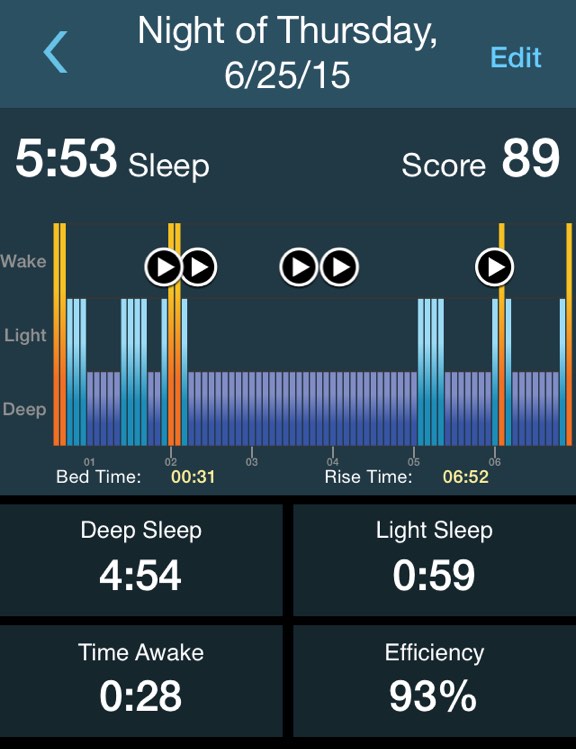From Skullf*** You Very Much: Cultural Authority and the Dispossessed:
The fact that most experts talking on TV and writing for online “news” media cannot swim in the critical deep end of the subjects in which they claim expertise is masked by the shallowness of the medium in general.
The analysts and experts who are invited to talk on TV about politics spend more time whitening their teeth than they do weaving nuance.
We are living under a media regime where a debate moderator can ask an absurdly complex question like “What will you do about poverty?” and expect it to be answered in less than a minute.
Comcast-owned NBC would not dare upset its nightly prime-time sitcom lineup with in-depth analysis that might upset their Comcast-owned bottom line.
Vox is not going to Voxplain how Comcast captures the media and cable markets both by lobbying for regulative barriers that prevent competition.
You’re never going to see someone greenlight an in-depth Nightline segment dedicated to demystifying shit ideas like “natural monopolies.”
I've long questioned the kinds of things our so-called "news" covers. Years ago, I started asking the question "why is this news" and mostly stopped caring about it. When the Internet became mainstream, I had a way to find other, less mainstream answers for what was going on in the world. Sources with more nuance, more details, and differing points of view.
Clearly, something is missing in the media. It's hard to get into the "why" of this question without veering off into conspiratorial waters. It’s a narrative I occasionally see being played up by the media, usually by attacking the messenger.
The good news is that I'm hearing more people starting to question the news, particularly when they cover topics they have first-hand knowledge on. The obvious followup question is: if they're wrong about that, what else are they wrong about?
The truth for any subject is out there to find. You probably won't find it in the mass media, though.

